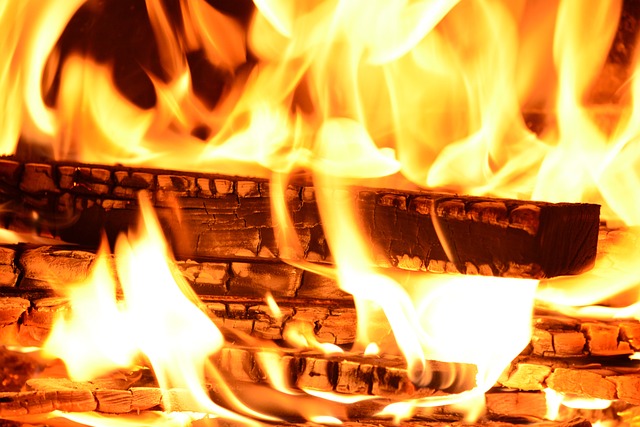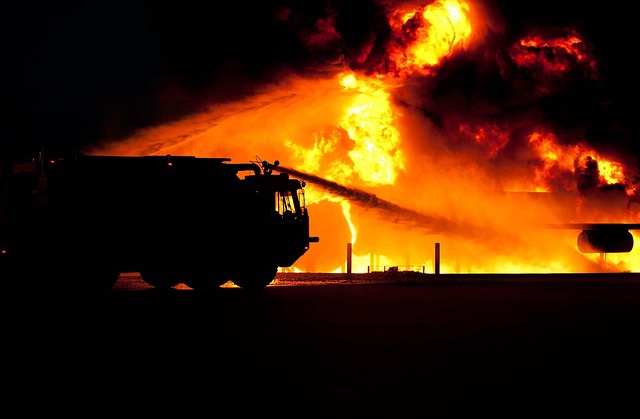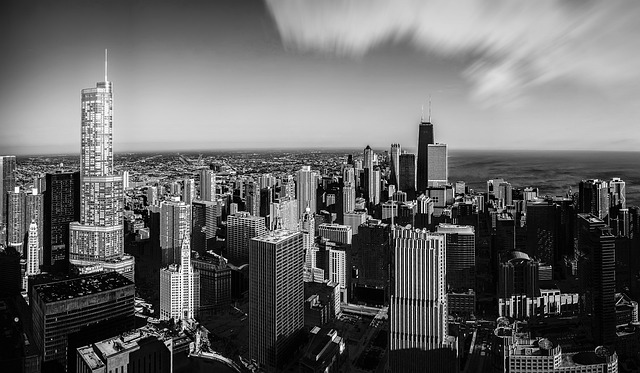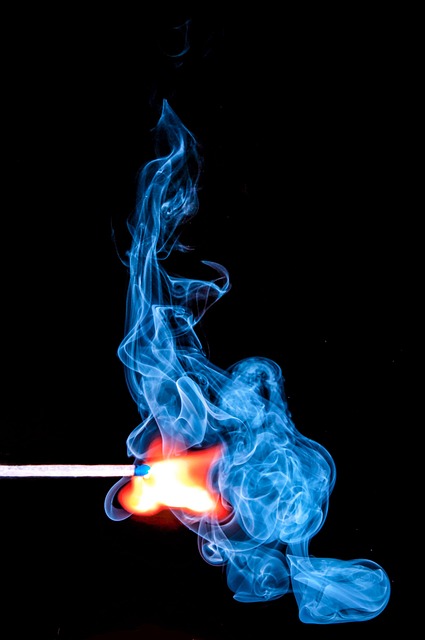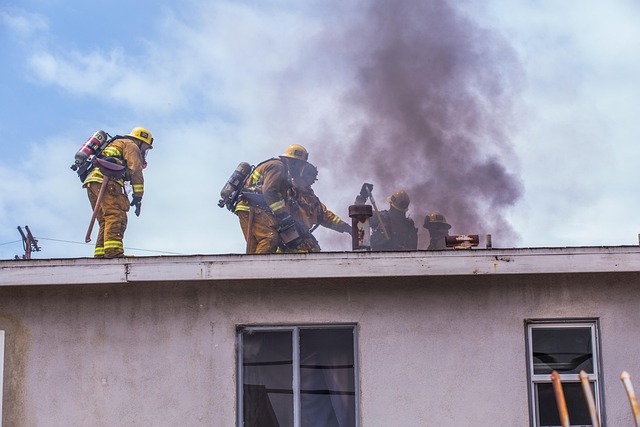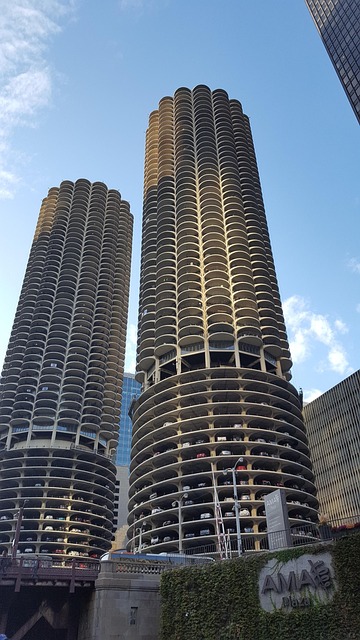Selling a fire-damaged house in Chicago requires understanding and adhering to strict Building Department regulations, beginning with a Chicago Fire Department report. Seek guidance from experienced real estate professionals on repairs, pricing, and disclosures. Comply with the Chicago Building Code for structural integrity, safety systems, and renovations. Prioritize safe repairs, maintain detailed records, and honestly market your property's history to successfully sell a fire-damaged house in Chicago.
Chicago’s housing regulations are stringent, especially when it comes to selling fire-damaged properties. This comprehensive guide delves into the legal considerations and steps involved in navigating the sale of a fire-affected residence in Chicago. We explore building codes, safety standards, and practical tips for a successful transaction. Understanding these regulations is crucial for homeowners looking to sell a fire-damaged house in Chicago, ensuring a smooth and legally sound process.
- Understanding Chicago's Housing Regulations: A Comprehensive Overview
- Selling a Fire-Damaged Property: Legal Considerations and Steps
- Building Codes and Safety Standards in Chicago: What Homeowners Need to Know
- Navigating the Process: Tips for Successful Sale of a Fire-Affected Residence
Understanding Chicago's Housing Regulations: A Comprehensive Overview
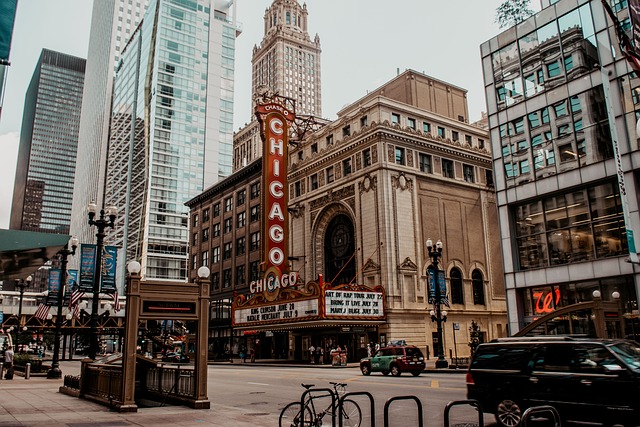
Chicago, known for its diverse neighborhoods and rich history, has a set of housing regulations that are both comprehensive and complex. When considering selling a fire-damaged house in Chicago, understanding these regulations is crucial. The city’s Building Department oversees a series of codes and standards aimed at ensuring safety, quality, and fair practices in the real estate market.
These regulations cover various aspects, from structural integrity and fire safety to energy efficiency and disability access. For instance, selling a fire-damaged house requires adherence to specific guidelines on repairing or rebuilding damaged areas, often involving permits and inspections. Chicago’s strict standards are designed to protect both homeowners and potential buyers, ensuring that every property meets certain health and safety benchmarks. This comprehensive overview is essential for anyone looking to navigate the process of selling a fire-damaged home in Chicago.
Selling a Fire-Damaged Property: Legal Considerations and Steps

Selling a fire-damaged property in Chicago involves navigating legal considerations and specific steps to ensure compliance with local regulations. If a home has sustained damage from a fire, it’s crucial to understand that selling it requires disclosure of the incident and potential structural issues. Failure to disclose could lead to legal repercussions and future disputes with buyers. The first step is to obtain an official report from the Chicago Fire Department, which documents the extent of the damage. This report is essential for demonstrating the property’s condition to prospective buyers.
Next, it’s important to consult with a real estate professional who has experience in selling fire-damaged properties. They can guide you through the process, including any necessary repairs or renovations, and help set an accurate asking price. In Chicago, specific guidelines exist for disclosing fire damage in sales agreements. These include detailed descriptions of the damage, as well as any known safety issues. Once a buyer is found, it’s crucial to be transparent throughout the transaction, ensuring all paperwork reflects the property’s history accurately. This cautious approach helps protect both parties and ensures a smooth sale.
Building Codes and Safety Standards in Chicago: What Homeowners Need to Know
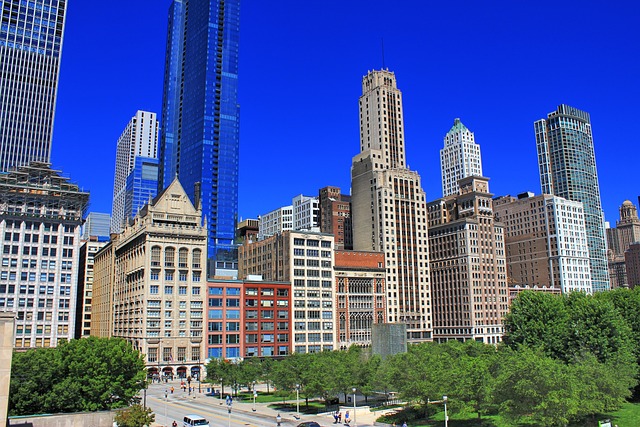
In Chicago, building codes and safety standards are strictly enforced to ensure the well-being of residents. When considering selling a fire-damaged house in Chicago, it’s crucial to understand these regulations. The city has comprehensive guidelines for structural integrity, electrical systems, plumbing, and indoor air quality, all designed to meet or exceed national standards.
Homeowners looking to sell a fire-damaged property should be prepared for thorough inspections and potential renovations. The Chicago Building Code outlines specific requirements for repairing and rehabilitating structures, including the replacement of damaged components like roofing, walls, and floors. Additionally, safety features such as smoke detectors, carbon monoxide alarms, and fire extinguishers are mandatory installations that must comply with up-to-date safety standards. Adhering to these regulations is essential when selling a fire-damaged house in Chicago to ensure a smooth transaction and the satisfaction of potential buyers.
Navigating the Process: Tips for Successful Sale of a Fire-Affected Residence

Navigating the process of selling a fire-affected residence in Chicago can be challenging but with the right preparation, it is achievable. The first step is to thoroughly assess the damage and understand the scope of repairs required. Engage a professional inspector who can provide an accurate estimate of the costs involved. This will not only help you set realistic expectations but also assist in negotiations with potential buyers.
Once the inspection is complete, prioritize repairs based on both cost and impact on safety. Focus on structural integrity, electrical systems, and any issues that could pose a health hazard. It’s advisable to keep detailed records of all repairs made, as this documentation can be crucial during the sales process. When preparing your home for sale, highlight the positive aspects and emphasize the potential for a fresh start. Remember, many buyers appreciate honesty about past challenges, so disclosing fire damage allows for transparent communication, which can foster trust.
Chicago’s housing regulations, particularly regarding fire-damaged properties, require a thorough understanding of local laws and safety standards. Selling a fire-affected residence in Chicago involves navigating strict building codes and legal considerations. By familiarizing themselves with these regulations, homeowners can ensure a smooth process when selling their fire-damaged properties. This comprehensive guide offers valuable insights into the steps and tips needed to successfully navigate the sale of such homes, empowering folks to make informed decisions in the competitive Chicago real estate market.
